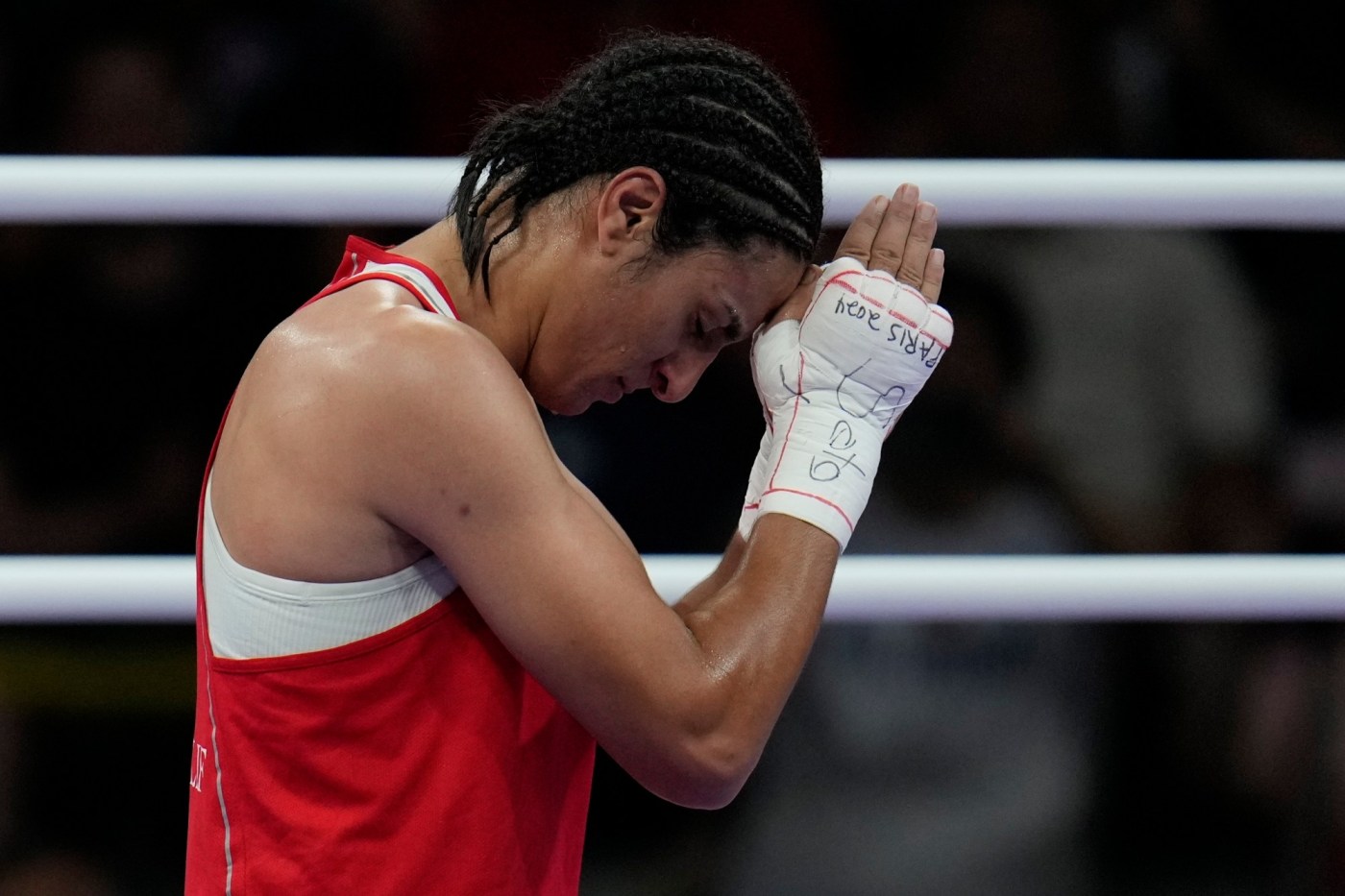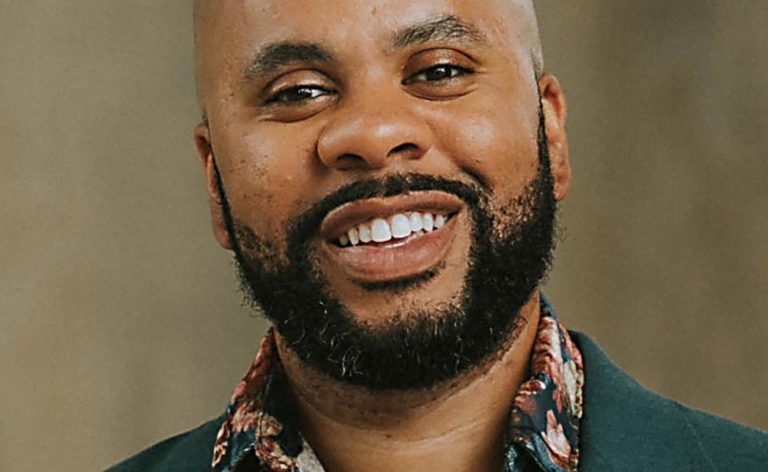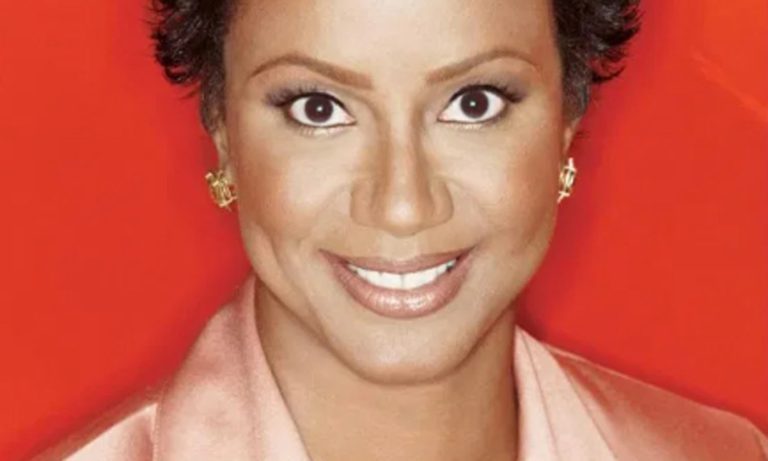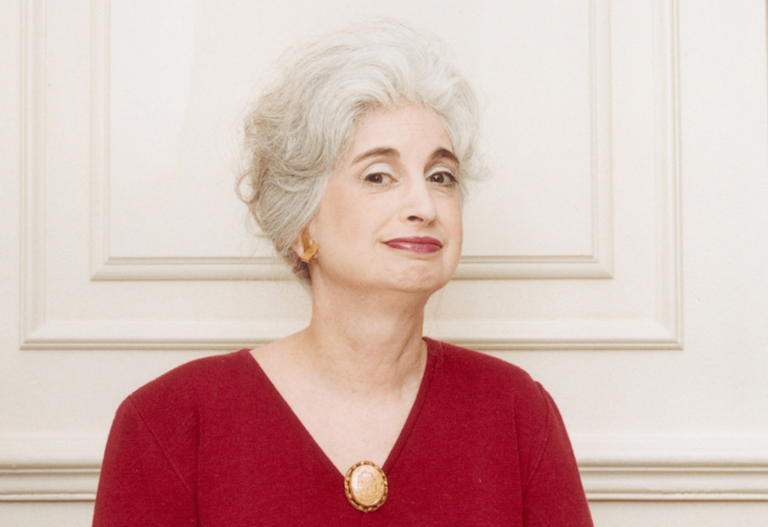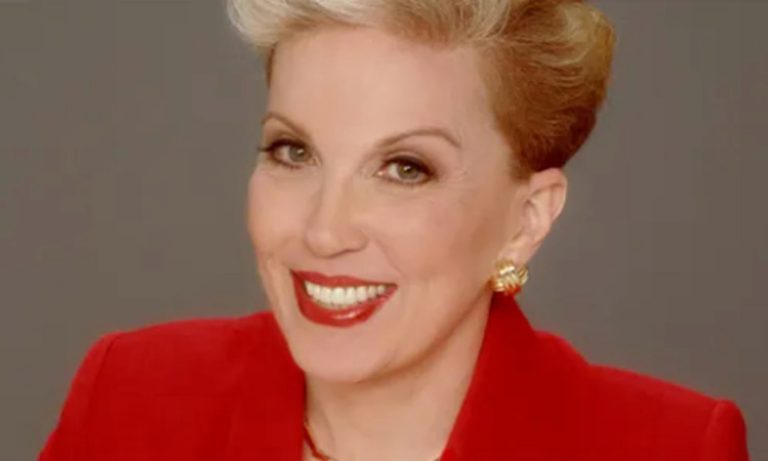By NOREEN NASIR
PARIS (AP) — Overcome with emotion, Algerian boxer Imane Khelif left the ring in tears after a resounding victory this weekend. Khelif has faced days of hateful comments and false accusations about her gender following her first fight against an Italian opponent who quit seconds into their bout.
“It’s because she’s African, because she’s Algerian,” 38-year-old Algerian fan Adel Mohammed said Saturday, when Khelif clinched an Olympic medal. “These comments are coming from white people … it’s a kind of racism.”
Female athletes of color have historically faced disproportionate scrutiny and discrimination when it comes to sex testing and false accusations that they are male or transgender, historians and anthropologists say. Khelif and Taiwanese boxer Lin Yu-Ting, who won her bout Sunday after similar abuse and questions about her gender, are the latest examples of women of color who have found themselves caught in the contentious debate around gender regulations and perceptions in sports.
More women from the Global South or developing countries are affected by sex testing in sports, said Payoshni Mitra, executive director of Humans of Sport, an advocacy organization that focuses on human rights issues for athletes. She has worked with dozens of female athletes across Asia and Africa to fight sex testing practices.
“Sport is very Eurocentric — the approach is not necessarily global,” Mitra said. “We need to accept women in all their diversity. And we are not seeing that at this point.”
Mitra and other advocates and anthropologists note that international sporting federations don’t tend to promote an understanding of diversity in sex and gender identity and that gender tests have often targeted female athletes of color who don’t conform to typically Western, white ideals of femininity.
In 2009, after her 800-meter victory in the world championships, South African runner Caster Semanya was sidelined for 11 months because of track and field rules about hormone levels. She has spent years in her legal battle against requirements for her to suppress her natural testosterone to compete.
Semenya was identified as female at birth, raised as a girl and has been legally identified as female her entire life. She has one of a number of conditions known as differences in sex development, or DSDs, which cause naturally high testosterone.
World Athletics, track and field’s governing body, said Semenya’s testosterone levels give her an athletic advantage comparable to a man competing in women’s events and that rules are needed to address that. Critics of the rules — which were put in place in 2011 and have tightened over the years — have considered naturally high testosterone levels to be a genetic gift, comparing it to a basketball player’s height or a swimmer’s long arms.
“Nobody was disqualifying Michael Phelps for having particular biological features that allowed him to excel in swimming,” said medical anthropologist Danyal Kade Doyle Griffiths, an adjunct professor with the City University of New York.
Indian sprinter Dutee Chand also faced a swarm of scrutiny and was dropped from the 2014 Commonwealth Games after reports of elevated testosterone. She underwent rounds of testing and ultimately took the international track federation to court, challenging rules that enforced a limit on female athletes’ naturally occurring testosterone levels.
Regardless of differences in sex or hormones, women of color — and Black women in particular — have often been subjected to stereotypes that portray them as more masculine. Dehumanization and objectification stretch back to chattel slavery, when enslaved Black women were valued for auction based on their physical appearances and skills that were seen as more masculine or more feminine.
Conspiracy theories and misinformation have spread online around tennis superstar Serena Williams, falsely alleging that she was born a man. In 2017, she wrote an open letter to her mother, thanking her for being a role model in facing people who were “too ignorant to understand the power of a Black woman.”
Basketball star Brittney Griner also has faced similar false accusations amid scrutiny over Black women and their bodies that is rooted in historical racism: They are often perceived as not feminine enough, too muscular, intimidating or masculine.
“These examples strike me as particular cases where racism and transphobia and intersex phobia are kind of inseparable,” Griffiths said. “It ties back to a much longer history of the way that race is gendered, in which Black women are taken to be more masculine compared to white women.”
The definition of womanhood “is often reliant upon Westernized notions of white femininity or standards of white beauty,” said Cheryl Cooky, professor of American studies and women’s, gender and sexuality studies at Purdue University. If a female athlete doesn’t fit into those white, Westernized standards, “they’re subject to these questions and these accusations.”
In Khelif’s case, the banned International Boxing Association disqualified her from the 2023 world championships after it claimed that she failed unspecified eligibility tests for the women’s boxing competition, citing elevated levels of testosterone. The Russian-dominated body — which has faced years of clashes with the International Olympic Committee — has refused to provide any information about the tests.
Related Articles
Photos: Paris Olympics celebrity sightings
Photos: Paris Olympics nail art
For female athletes of color, scrutiny around gender rules and identity is part of a long trend
Competing for two: Pregnant Olympians push the boundaries of possibility in Paris
Olympic boxer Imane Khelif calls for end to bullying after backlash over gender misconceptions
“The whole process is flawed,” IOC spokesman Mark Adams said Sunday. “From the conception of the test, to how the test was shared with us, to how the tests have become public, is so flawed that it’s impossible to engage with it.”
Adams previously said Khelif “was born female, was registered female, lived her life as a female, boxed as a female, has a female passport.”
The Olympic body released a 10-principle approach on gender and sex inclusion in 2021 that recognized the need for a “safe, harassment-free environment” honoring athletes’ identities while ensuring competitions are fair. Advocates like Mitra hope those are taken seriously.
Meanwhile, Algerians have rallied behind Khelif, defending her against hateful comments. Algerian athlete Zahra Tatar, competing in hammer throwing, called Khelif’s fight “beautiful” and said “we all hope she gets the gold medal.”
___
Associated Press writers Megan Janetsky in Paris and Gerald Imray in Cape Town, South Africa, contributed.
